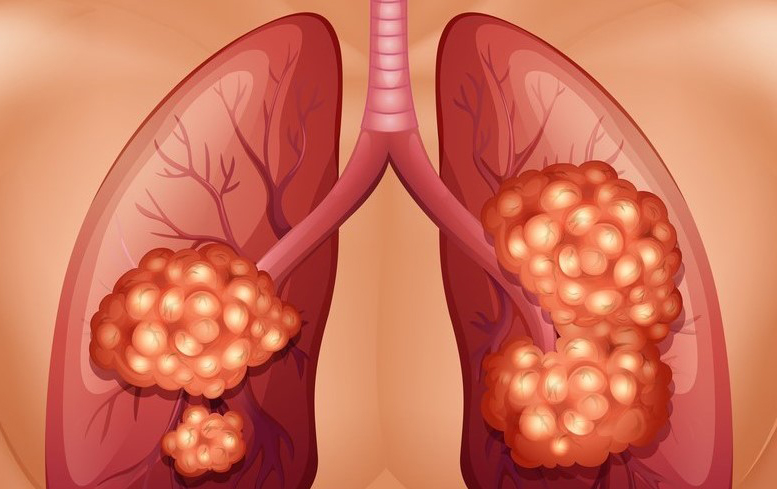The treatment course for non-small cell lung cancer, or NSCLC, depends on several factors, including the stage of the cancer. Keeping in mind the various factors, below are several different NSCLC treatments.
The most common treatment options for NSCLC include:
- surgery
- chemotherapy
- radiation therapy
- radiofrequency ablation (RFA)
- immunotherapy
- targeted therapies
In some cases, palliative treatments may be used to help with symptoms.
Doctors may have different ideas as to what the best NSCLC treatments are for a patient. Therefore, patients are encouraged to seek a second opinion to ensure they hear as many options as they can. The patient’s wants should be at the core of any treatment plan. Patients should be comfortable with their treatment plan. Therefore, they are encouraged to think carefully about their choices, weighing out the benefits of any treatment option against any possible risks or side effects.
Most of the time, more than one type of treatment is used to help patients with NSCLC. The above NSCLC treatments may be used in combination, such as combining chemotherapy with radiation therapy.
Some patients may also want to take part in a clinical trial. Clinical trials are carefully controlled research studies that are testing new treatments and/or procedures. Participating in a clinical trial may be the only way to gain access to the newer treatments that have yet to be fully released. Clinical trials also help to further the treatment of cancer. However, not all clinical trials are successful, and patients are not guaranteed to receive the drug treatment being offered in a clinical trial (they may instead be part of the group receiving the placebo). Patients should be aware of all the risks and procedures of a clinical trial before entering into one. They should ask as many questions as they feel is necessary.
Featured image: SergeyNivens via DepositPhotos




